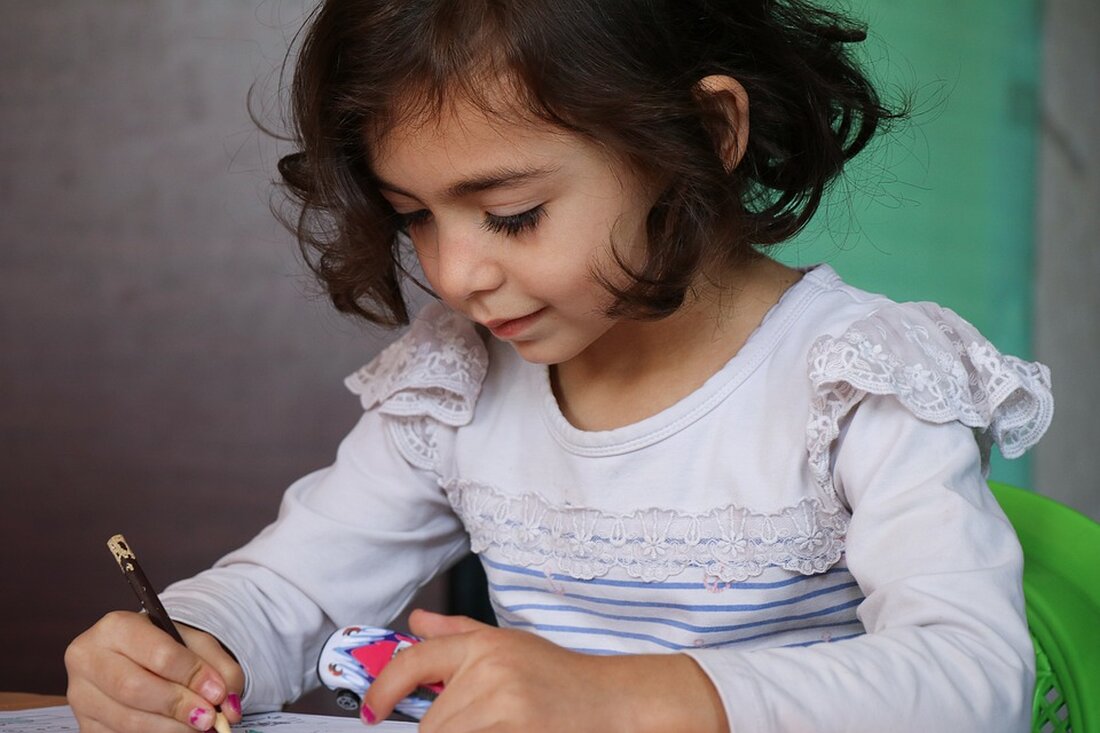School media education: where children and young people see need to catch up
Discover the current deficits in the media education of children and adolescents in Germany: A survey shows that many students are hardly informed about artificial intelligence, data protection and healthy media use. Learn how educational institutions, parents and politicians are required to strengthen media literacy and prepare young people for the challenges of the digital world.

School media education: where children and young people see need to catch up
An alarming survey by the German Children's Aid Plant relies on the shocking defects in media education in German schools! The study shows that children and adolescents experience massive deficits in conveying essential media literacy. Incredible 63 percent of the students report: "We learn far too little about the opportunities and risks of artificial intelligence!" Another misfortune? 55 percent complain that the space for technical experiments and trying out new tools is neglected!
The survey, carried out by the renowned social and political research institute Verian, interviewed 3,218 children and adolescents between the ages of 10 and 17 across Germany. The result is terrifying: 52 percent believe that the protection of your personal data on the Internet is not sufficiently discussed. The critical question of healthy media usage shows a split picture: 49 percent feel that they learn enough for this, while the other half sees significant deficits!
media literacy between light and shadow
But there are also positive aspects! 70 percent of the respondents believe that they learn sufficiently at school how to search for and evaluate information on the Internet. In addition, more than half of the children stated that they are well prepared when they are bothered online by strangers (56 percent) or are bullied on the Internet (55 percent). Create media content yourself? Here, too, 53 percent are convinced that the necessary knowledge will be taught!
A look at the federal states reveals enormous differences in perception. While 50 percent of the students in Bavaria speak of sufficient lessons in technical topics, only 33 percent in Saxony-Anhalt see the same. A particularly worrying fact: only 18 percent of elementary school students feel well informed about artificial intelligence, while older students, the older they get, are increasingly feeling that they are better prepared.
alarming announcement or call for clarification?
Holger Hofmann, the federal manager of the German Children's Aid Work, warns: "It is worrying that students find deficits in media education, especially in the critical areas of data protection and media addiction." According to his statements, schooling is extremely catching up here. It is important to enable the children to actively shape the media and to critically question the content they consume. "In a time of fake news and disinformation, this knowledge is essential," emphasizes Hofmann and urgently demands more financial resources for media education!
The results of the survey flow into the upcoming children's rights index, which evaluates the implementation of the UN Convention on the Rights of Children in various areas of life of children. This study will be published in 2024 - time is for ours generation!

 Suche
Suche
 Mein Konto
Mein Konto
